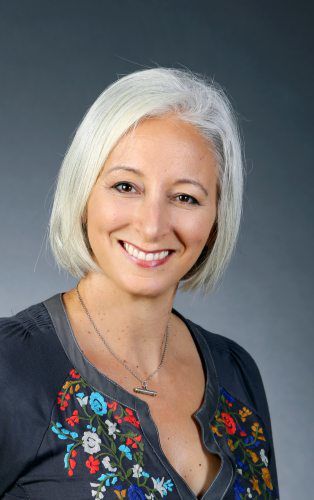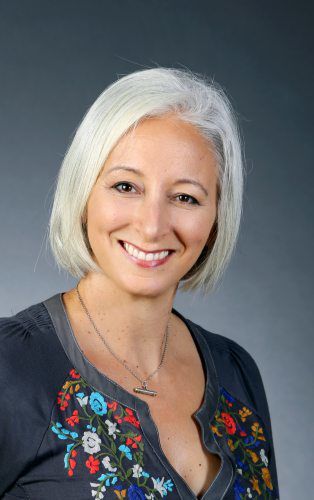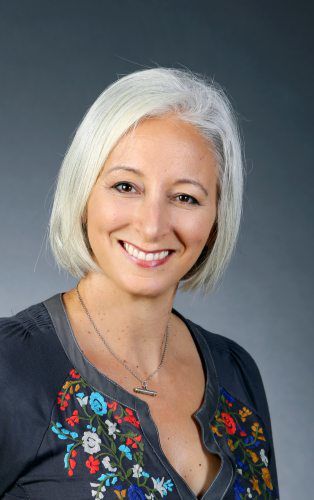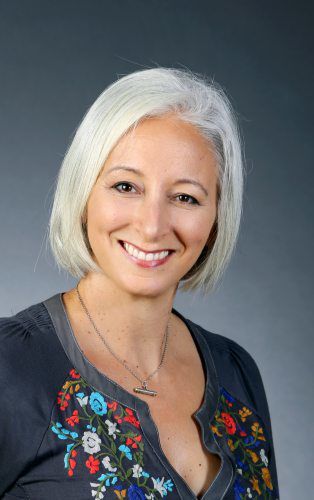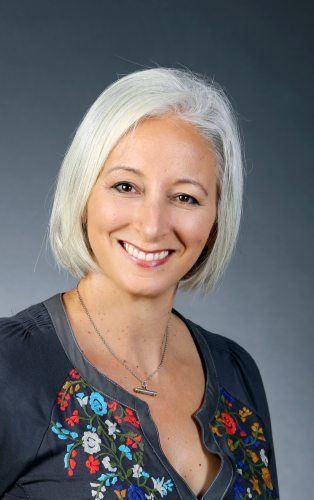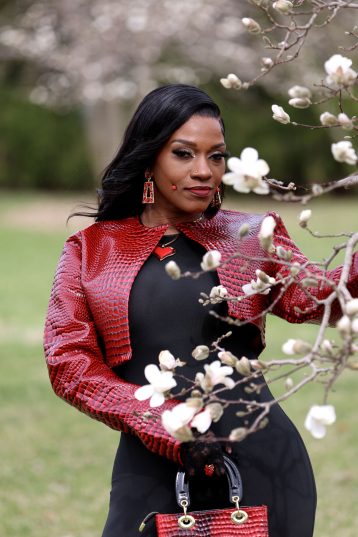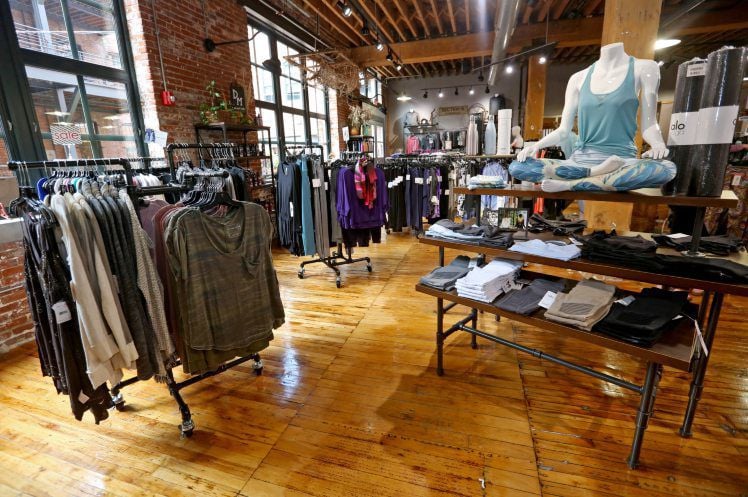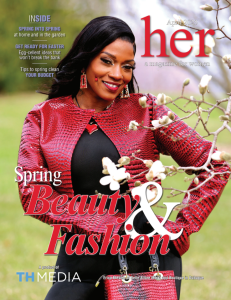Pandemic. For obvious reasons, I’ve been thinking a lot about this word lately. It is derived from two Greek words: Pan, which means “all,” and “demos,” which means people.
So, pandemic is something affecting all people. Yep, check. I think that word definitely captures what is going on right now.
It also got me thinking of other uses of the word or prefix “pan” — namely, the one that means, “bread.” That use is derived from the Latin word, “panis,” and is the source of the word, “bread,” in different romance languages — French, “pain”; Italian, “pane”; and Spanish, “pan.”
While it admittedly is some serious etymological gymnastics, the whole phenomenon of bread-baking during the pandemic seems fitting, no?
Have you jumped on the bread baking bandwagon? I have. It is not a place I ever thought I would find myself. I am not a natural baker. I’m too impatient, and while I can be precise, I find the specifics and myriad steps to yeast bread baking incredibly painful.
In an effort to push through this pain and conquer this deficiency once and for all, a few years ago, I bought the highly recommended book, “The Bread Bible,” by Rose Levy Beranbaum. This book is touted by Internet reviews as, “outstanding,” “encyclopedic,” “vast” and “containing everything you could possibly want to know about bread baking.”
I agree. It is an amazing book that covers the gamut when it comes to baking bread — everything from crumpets to challah and bagels to brioche. The amount of test baking and research that went into this book is staggering. I’m in awe.
It also makes the back of my neck hot and prickly and inspires a deep urge to throw the book across the room. If Beranbaum and I were on a need-for-detail spectrum, we would be on opposite ends.
But that was the old me — the me that has 50 gagillion things going on all the time, and frankly, is pretty impatient. The new me — the one who has (gratefully) been forced to slow down a bit during the last couple of months, was going develop some patience and embrace her 12-page description of dough shaping equipment.
I thumbed through the book, trying to find something relatively easy to get started. I found it: Heart of Wheat Bread, pages 310 to 314. While there are lots of steps, it all seems pretty straight forward, and I’ve got everything I need, except the yeast.
Masked, gloved and armed with a travel-size container of hand sanitizer, I head to the store. Guess what? No yeast. Clearly, Pandemic Bread is a real thing. (Who would have thought that yeast, along with toilet paper and hand sanitizer would be something to panic buy?)
It doesn’t feel very responsible to drive around to four stores looking for yeast, so I head home empty-handed.
Now what? In normal times this would be enough to make me throw in the towel and move on to the next whim. But not now. Not during this time. I am going to force myself to be patient and stick with it.
Back to Beranbaum and her Bread Bible. After consulting pages 426 through 443, I found out that you don’t need commercial yeast; you can make your own.
This, my friends, is the origin story of my very first (and if I am diligent, last) sourdough starter.
I’m proud to say that Beranbaum’s incredibly detailed instructions have yielded a happy, bubbling sourdough starter that I have named Panny (apparently that’s a thing; you’ve got to name it, and considering its origins, the name felt fitting).
I’m even more proud to say that Panny and I are getting along great, and I haven’t inadvertently killed her through distraction and neglect. This is nothing short of a miracle.
As of this writing, I’ve baked about eight loaves of bread from the starter using a simple no-knead bread recipe from my sister’s partner, Jack. (Sorry Rose. There is only so much of you I can take.) The bread is rising great, and the flavor is becoming more complex as the starter matures.
This process has been very rewarding, and I can feel a new habit forming. That makes me very happy. I would hate for all of this work to just be a flash in the pan.
Leslie Shalabi is the co-founder of Convivium Urban Farmstead, a Dubuque-based nonprofit based on the idea of creating community around food. A life-long lover of food and entertaining, she is dedicated to helping people find ways to connect through the universal languages of food and hospitality.

